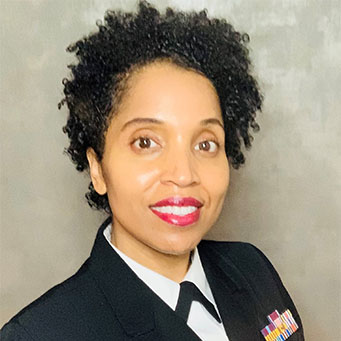National Suicide Prevention Week, recognized this year from September 4-10, is an annual week-long campaign in the United States to inform and engage health professionals and the general public about suicide prevention and warning signs of suicide. This year, in observance of National Suicide Prevention Week, the Indian Health Service Division of Behavioral Health is spotlighting our ongoing efforts to bring more awareness to culturally specific suicide prevention practices that promote hope, life, cultural resiliency, and community transformation in tribal communities. This work is in partnership with the National Action Alliance American Indian and Alaska Native Task Force, which is a public-private sector partnership formed to address the priority areas that pertain to American Indian and Alaska Native communities. The partnership also aims to address the research priorities laid out by the National Action Alliance and generate knowledge to support the National Strategy for Suicide Prevention .
Recognizing the effectiveness of culturally specific suicide prevention strategies is especially important when addressing tribal communities that bear the largest burden of suicide among all racial/ethnic groups in the United States, with Native youth disproportionately affected. The task force developed the Hope for Life Day Toolkit , which provides the opportunity to increase awareness, equip communities with tools for community engagement, focus on our Native youth, and spotlight current efforts towards tribal community suicide prevention.
In addition, this toolkit also contains community engagement strategies, tips for meeting with tribal leaders, promotional materials, and suggestions for cultural activities for Hope for Life Day events. Lastly, this toolkit aims to help community organizers take specific steps to change the conversation about suicide, spread awareness, and foster hope to help address suicide in their communities. Organizers are encouraged to host culturally tailored activities to promote hope, life, cultural connection, and community transformation.
Despite the strengths of American Indian and Alaska Native families and communities, suicide remains a devastating and all too frequent event. Learn more about how the IHS works with tribal, federal, and other partners to maximize effectiveness of services and to protect individuals against suicide risk.
Related Content:
Suicide Warning Signs and Risk Factors
How to Talk About Suicide
National Suicide Prevention Week
IHS Suicide Prevention and Care Program



